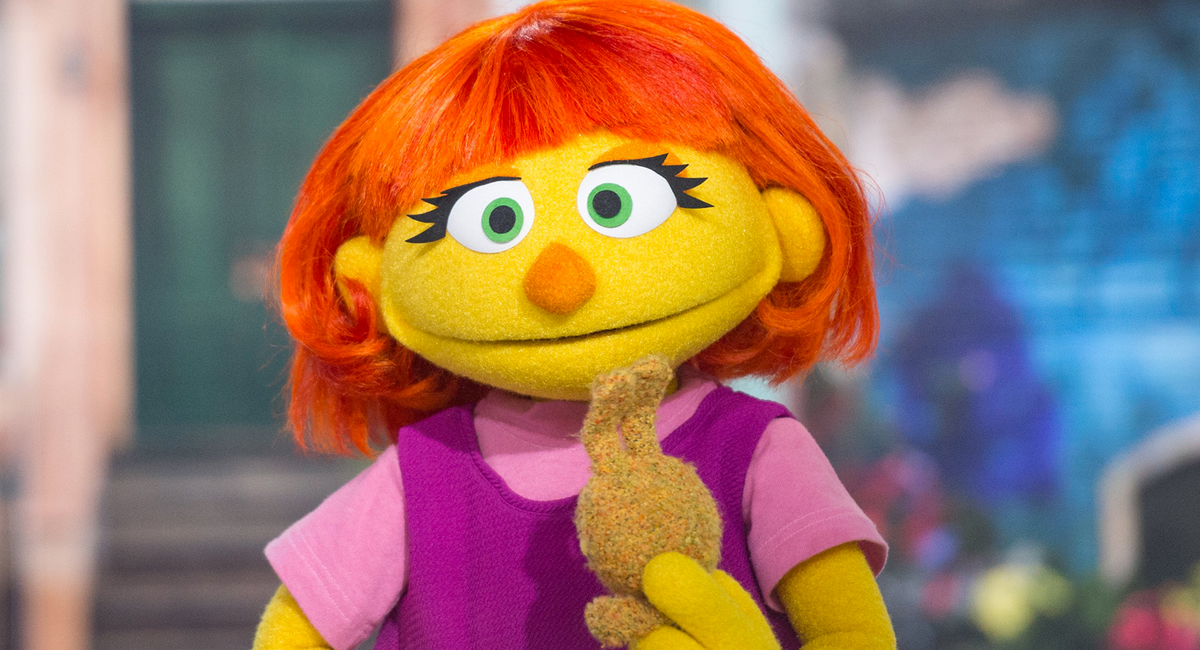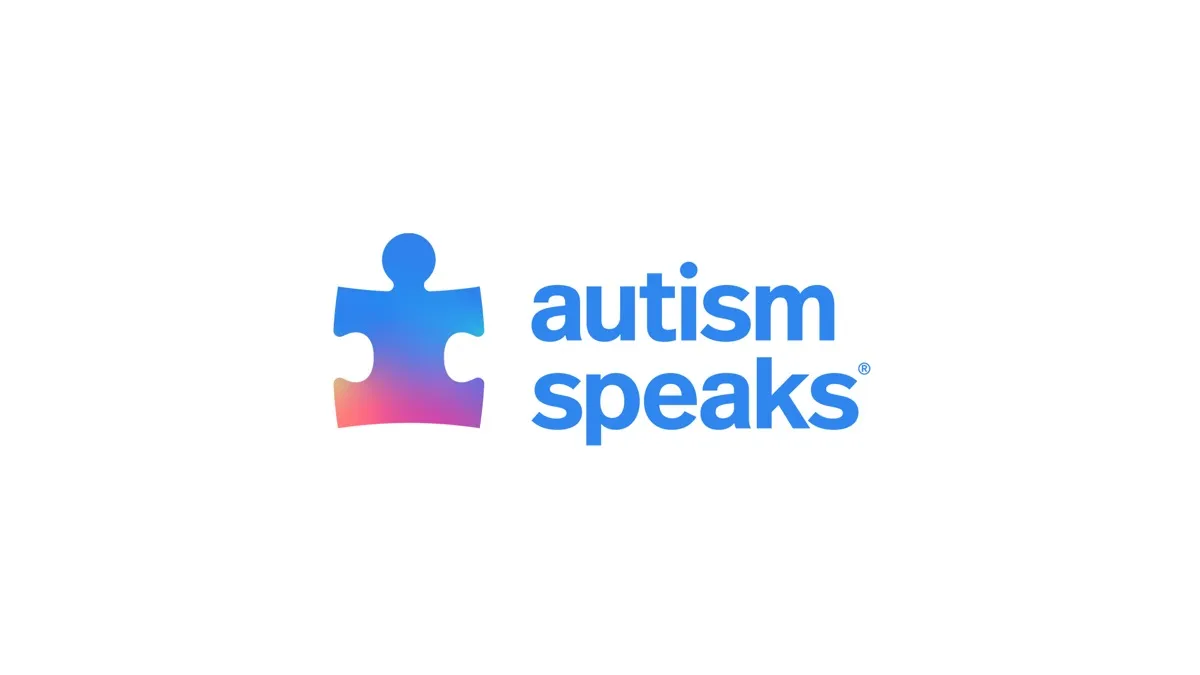Autism Speaks Inc. is one of the largest and most well-known autism advocacy and research organizations in the United States. However, in recent years, the organization fell into notoriety, with many individuals inside and outside the neurodivergent community warning others to avoid it.
On the surface, Autism Speaks is a nonprofit organization seeking to support individuals with autism and their families, raise awareness for autism, and further research on autism and its causes. Those who have taken a closer look at the organization, though, have come to criticize it due to its problematic history and persistent controversial attitude towards autism.
Autism Speaks was first founded in 2005 by Bob and Suzanne Wright after their grandson was diagnosed with autism. The organization was kickstarted by a donation of $25 million from Bernard Marcus, the co-founder of Home Depot, who would go on to serve on its Board of Directors. Autism Speaks grew quickly as it merged with three other pre-existing Autism organizations, including the Autism Coalition for Research and Education, the National Alliance for Autism Research, and Cure Autism Now.
Autism Speaks is an enormous and prominent organization that receives a lot of attention and donations. While it has done much to raise awareness for autism, its controversies give the organization a mixed legacy.
Autism Speaks criticism explained
The major reason Autism Speaks has received a high level of criticism is because of how it views and frames autism. While it has changed its mission statement and campaign in recent years, Autism Speaks was founded on the idea that autism is a disease that needs to be cured. The organization’s original mission statement reads:
We are dedicated to funding global biomedical research into the causes, prevention, treatments and a possible cure for autism. We strive to raise public awareness about autism and its effects on individuals, families and society: and we work to bring hope to all who deal with the hardships of this disorder.
Rather than focusing on raising awareness and advocating for the acceptance of autism in society, Autism Speaks treats it like a disease that needs to be cured or eradicated. Such a mindset increases the stigma and discrimination against people with autism as it presents the idea that there is something inherently wrong with them that needs to be fixed.
However, it has become increasingly clear that autism doesn’t need a cure. Society is slowly moving away from defining autism as a disease or a medical condition. Jodie Hare, a member of the autism community, provides a strong definition of autism as “a neurotype that exists as a result of natural biological variation.” When autism is properly classified as a natural difference or variation instead of a disease or deficit, it prioritizes acceptance of those with autism rather than efforts to fix them. Many members of the autism community describe autism as a part of who they are and have reiterated the sentiment of wanting to be accepted, not cured.
Autism Speaks has promoted fear of autism
In addition to centering its focus on finding a cure for autism, Autism Speaks has also explicitly contributed to the stigma and discrimination surrounding autism by painting it as something to be feared. One of the most egregious things Autism Speaks has done was release a horrific 2009 commercial titled “I Am Autism.” In the commercial, “Autism” is an ominous narrator who makes chilling threats against families.
In the commercial, “Autism” states, “I work faster than pediatric aids, cancer, and diabetes combined, and if you’re happily married, I will make sure that your marriage fails. Your money will fall into my hands, and I will bankrupt you for my own self-gain.” The narrator, speaking to parents of autistic children, also says that it derives pleasure “from your loneliness” and that it will “rob you of your children and your dreams” and make sure you “wake up every day and cry.”
The video was removed after backlash, and Autism Speaks claims it is not part of their current message and campaigns. However, the damage was done the moment one of the leading organizations on autism released a video with horror film vibes, which demonized autism, portrayed it as a destroyer of families and livelihoods, and made it sound like something to be feared. A simple apology written on the FAQ section of their website and a promise of change can’t undo the immense damage that Autism Speaks’ horrific ad did.
“I Am Autism” wasn’t even the first time Autism Speaks’ media stirred controversy. In 2006, it sponsored the documentary Autism Every Day, which painted autistic children as a burden and tragedy. The doc also included a statement from Alison Singer, the former executive vice president of Autism Speaks, who revealed she contemplated driving off a bridge with her autistic daughter.
Autism Speaks silences those with autism
What is also very odd is that the organization is titled “Autism Speaks” but has a history of not letting autism speak. From its inception to its present day, Autism Speaks has been noticeably comprised of those who are not members of the autism community. In 2020, the Autistic Self Advocacy Network (ASAN) reported that of the 28 members of Autism Speaks’ Board of Directors, only one belonged to the autism community.
Autism representation has been scarce throughout Autism Speaks’ history. Additionally, those from the autism community who did gain administrative roles in the company didn’t come away with good things to say about it. John Elder Robison was the first individual on the autism spectrum to be “hired” by Autism Speaks. However, he recalled his role being greatly limited and regulated to merely making recommendations. Contrary to what was portrayed in the media, he didn’t consider himself an employee or spokesperson for the organization. He eventually resigned from his position in 2013 after Autism Speaks’ co-founder Barbara Wright made further egregious claims about autism destroying families.
Additionally, the ASAN also reported that Autism Speaks lobbied heavily against an amendment to the Autism CARES Act in 2014 that would have required that federal boards like the Interagency Autism Coordinating Committee include members of the ASD community to give them a greater voice in the policy decisions being made about them. Needless to say, Autism Speaks has displayed a trend of not wanting to let the autism community speak and advocate for itself.
Additional Autism Speaks controversies
There is also some skepticism about what happens to all the money Autism Speaks receives. Tax forms have shown that Autism Speaks spends a significantly low amount of its funds on actually providing resources for and aiding those with autism and their families. Reports have suggested that as little as 1—4% of its annual budget goes towards providing Family Services and their provision of family grants.
Meanwhile, a whopping 20% of their budget was dedicated to fundraising. Something certainly doesn’t seem to add up when 20% of your budget goes towards fundraising, but as little as 1% goes towards actual charitable activities and funding. A large portion of their funds also goes towards research. In its early years, the organization was researching a cure for autism. Now, some of its research is focused on projects like MSSNG, which seeks to create “the world’s largest whole genome sequencing database on autism.” There are concerns that the research project could be used to develop a prenatal test for autism, which may be used to terminate pregnancies when autism is detected in the womb. Despite the concerns about MSSNG, Autism Speaks has denied it supports eugenics and states its genetics research is merely to “help more autistic people access personalized care that will empower them to lead their best lives.”
The organization has also continued using funds to further its controversial applied behavior analysis (ABA) therapy. ABA utilizes positive reinforcement to encourage certain behaviors. However, it has received criticism for its intensity and for potentially encouraging masking, where autistic individuals unconsciously or consciously try to suppress their autistic traits and behaviors. Very little of Autism Speaks’ research is dedicated to helping or improving the lives of those with autism.
Meanwhile, Autism Speaks has also been found to pay its top executives over $600,000 annually for compensation. There’s no set number for what a nonprofit CEO’s wage should be, but most can agree that a yearly salary of $600,000+ seems excessive.
Has Autism Speaks changed?

Many of Autism Speaks’ most damaging actions, such as trying to “cure” autism and its “I Am Autism” video, took place years ago. In the years since, it has dropped the word “cure” from its organization, rewritten its mission statement, and claims to no longer associate with its earlier ideals. However, it’s clear that, under the surface, the organization hasn’t changed much.
As recently as 2019, Autism Speaks debuted its controversial “100 Day Kit.” It used the autistic Muppet Julia on Sesame Street to promote the product, which led to the ASAN cutting ties with the show. The 100-Day Kit was meant to give direction and advice to parents of children who have been recently diagnosed with autism. Instead, it compared autism to leukemia and encouraged parents to mourn and grieve their child as if they had died after receiving an autism diagnosis.
Additionally, the organization continues to lack autistic voices on its board, spends its funds questionably, and continues to adhere to the ideals of its founders, which is that autism is a disease. While it stopped trying to “cure” autism, it has instead switched to potentially trying to prevent those with autism from being born. Historically, Autism Speaks has done much more to stigmatize autism than it has done to advocate for acceptance or provide much-needed resources for the ASD community and their families.









Published: Dec 9, 2024 04:31 pm